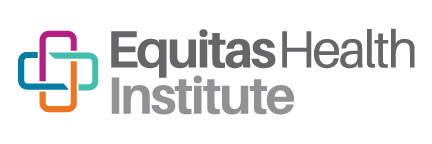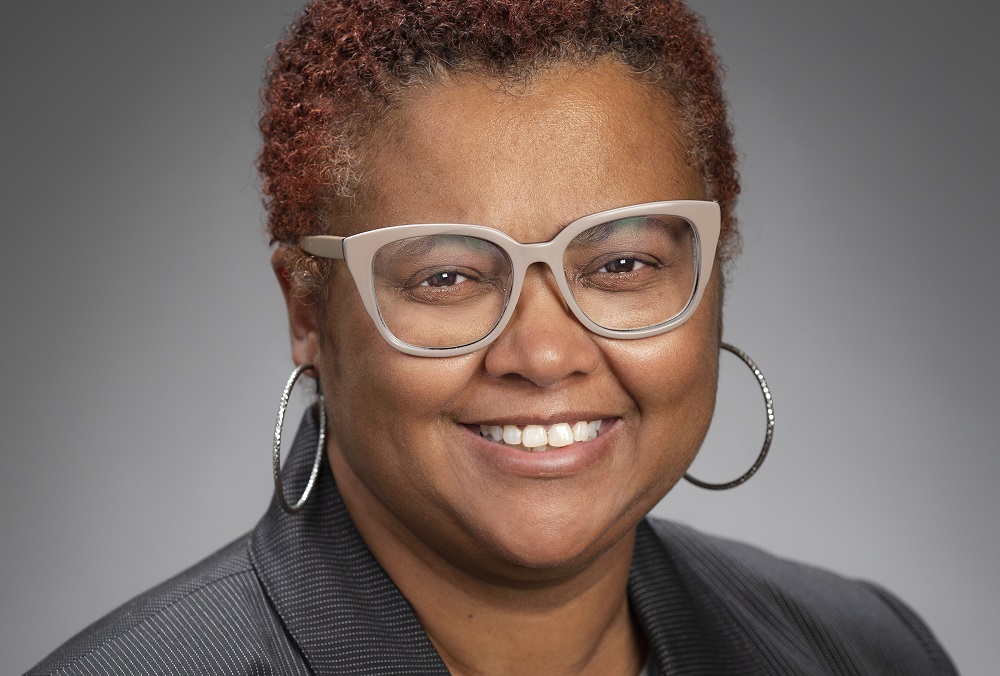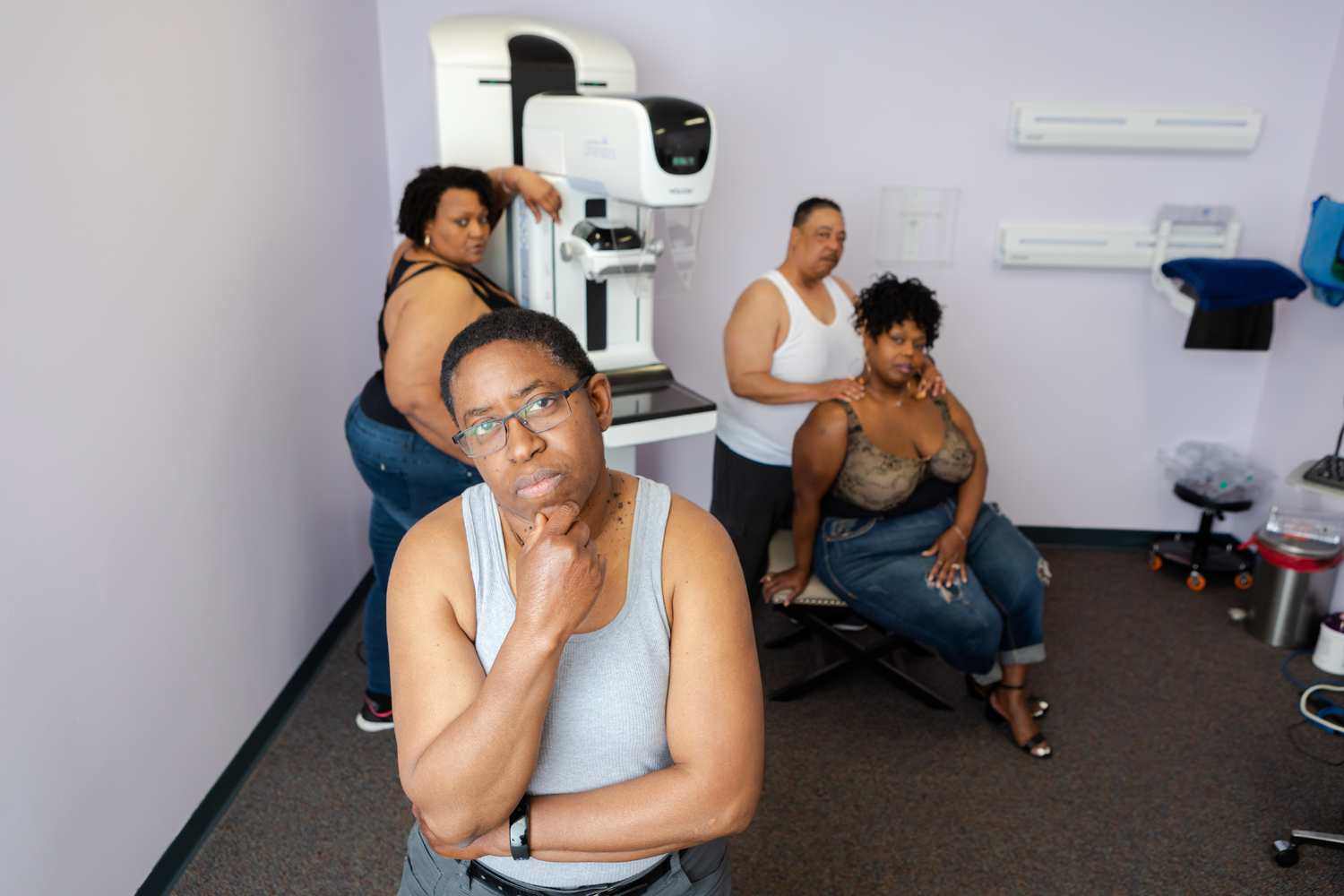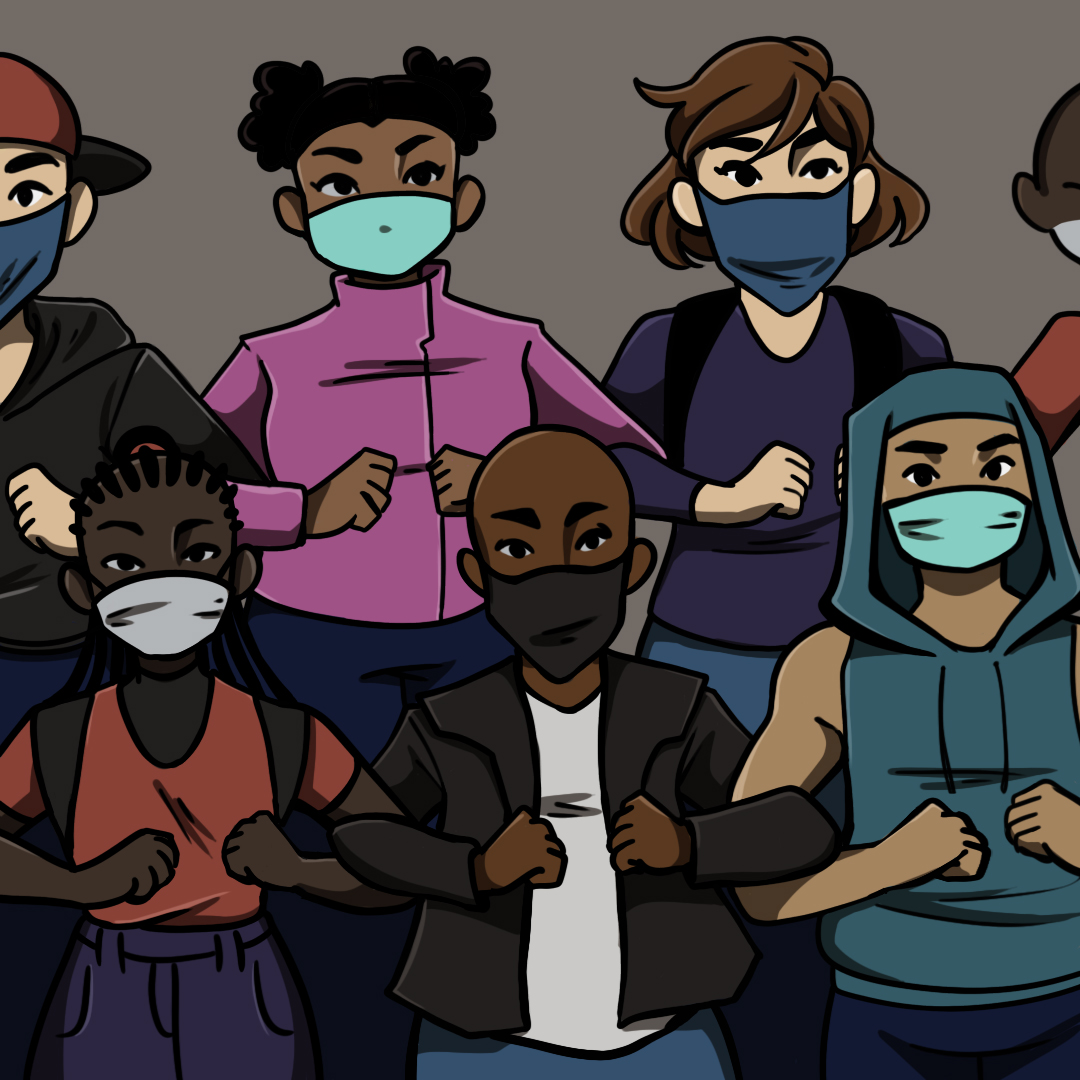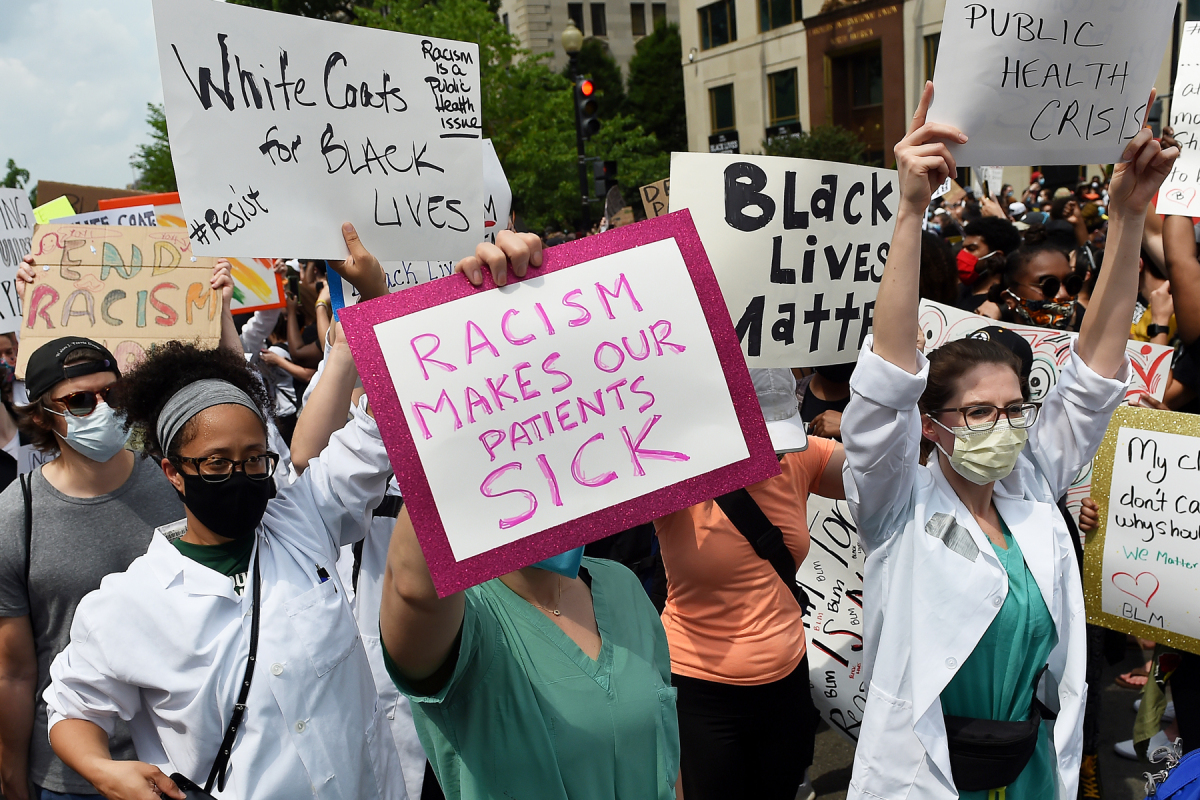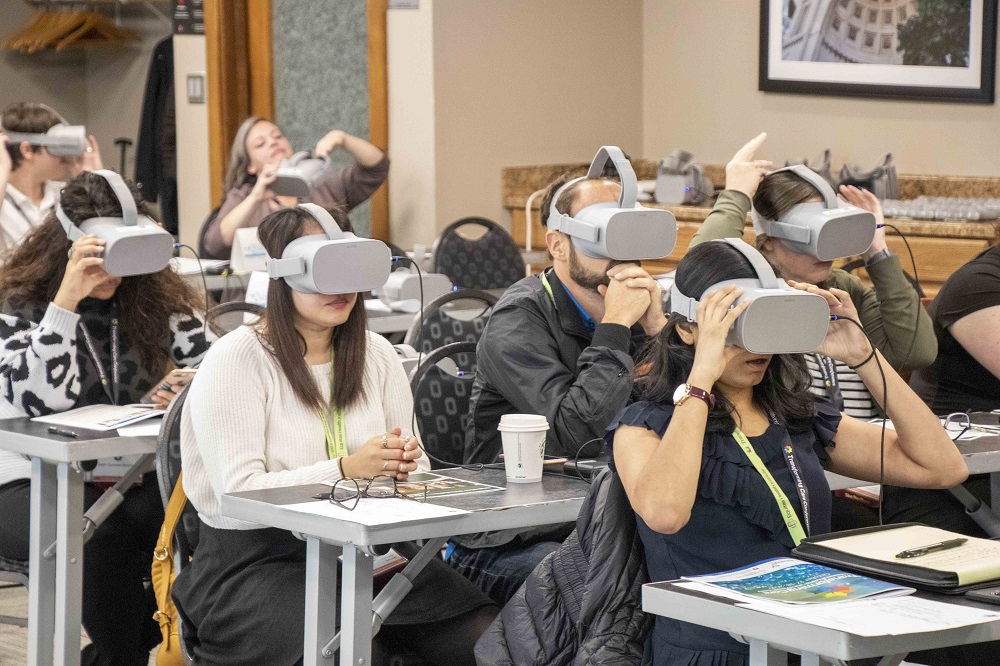Written by Rebecca Harris. Research Intern Why is it that LGBTQ+ individuals are invisible when it comes to understanding the burden and reasons for breast/chest disparities in their population? It is because they are invisible in the data. Although LGBTQ+ breast/chest health data does exist, there is a lack of specificity and inclusion in data collection. In other words, this important data could give answers to why LGBTQ+ folx experience breast/chest health issues at disproportionate rates. Sometimes in research, sexual orientation and gender identity (SOGI) data
Michele Battle-Fisher recorded a course lecture entitled “The complexity of health disparities among marginalized populations- a call for complexity and systems thinking” to the Sherwin B. Nuland Summer Institute in Bioethics (2021) at Yale University. The talk discussed the systemic complexity of health disparities, namely those of LGBTQIA+ and populations of color. Using systems based visualizations, Michele made the argument that health disparities are unethical and systems thinking illuminates that fact. The Institute, which takes place July 2021, is convened by the Yale Interdisciplinary Center for
Lesbian-identified individuals face unique challenges that have direct affects on their health, so why is addressing these challenges such a radical idea? Our mixed method study explores the healthcare experiences of lesbian-identified people, combining quantitative survey data, qualitative “share your story” responses, and a focus group of sexual minorities of color. READ THE FULL STUDY
Equitas Health Institute is serving on the study team for a five year NIH funded study, Project RESIST, which is determining the effects of tobacco messaging and marketing on young adult sexual minority women. The Institute’s director, Julia Applegate, serves on the expert advisory committee for the study.
A report by Fung et al. (2019) suggests that sexual and gender minority individuals (SGM) may have a higher risk than their cisgender, heterosexual counterparts for breast/chest tissue cancer. Past negative experience with healthcare providers has been reported to prevent SGM from seeking care that is beneficial to their health. Milner & McNally (2020) reported that psychological barriers and non-disclosure of sexual identity due to fear of bias, discrimination, and stigma hindered adherence to mammography screening guidelines for lesbian, bisexual and transgender identified folx. Read More
Public health crises highlight already existing disparities that are often unseen or overlooked. In the past year, the COVID-19 pandemic and its resulting changes to society have severely affected populations worldwide. While mortality is but one measure of the severity of the pandemic, the numbers continue to rise with scores of individuals infected daily. Read More
In response to the escalating effect of systemic barriers to health and wellbeing of marginalized populations, the Franklin County Board of Commissioners declared in May 2020 racism to be a public health crisis (Franklin County Board of Health, 2020). The declaration proclaimed that “racism and segregation in Ohio and Franklin County have exacerbated a health divide”. Ohioans who are racial or ethnic minorities often have lower wealth, socioeconomic status, and education attainment, and herein lies the early factors for many health barriers. Read More
Equitas Health Institute received a grant in 2020 with Ohio University College of Osteopathic Medicine, Diabetes Institute, Dr. Elizabeth Beverly (Principal Investigator). The Institute will support Ohio University in the development of a Virtual Reality Curriculum introducing medical students and healthcare providers to LGBTQ+ and Trans-centered culturally competent care.
